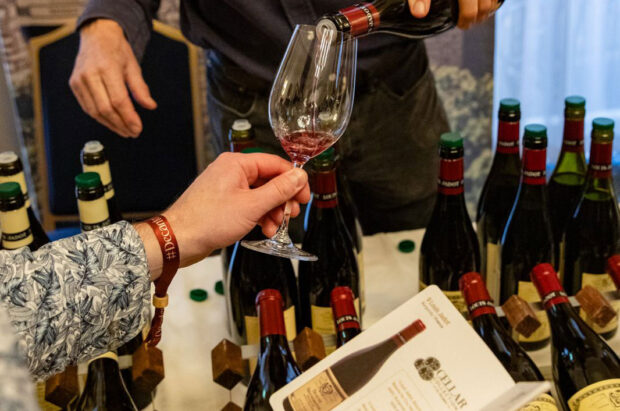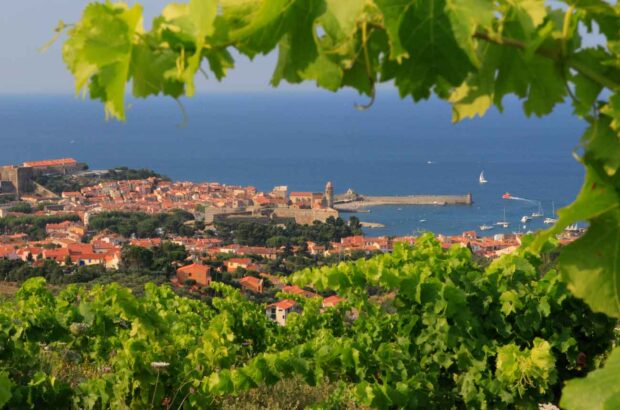Directors at the holding company of Cava producer Codorníu have reportedly agreed to move their head office address from Catalonia to Rioja as political tension mounts over the region's independence vote. Read more below and see Miquel Hudin's commentary on what independence might mean for the region's winemakers.
Codorníu holding company Unideco released a statement on Monday (16 October) to announce that its board of directors has agreed to move the Cava maker’s registered office address to Haro in Rioja, according to widespread reports across Spanish media outlets.
The decision was due to ongoing ‘political and legal uncertainty’ in Catalonia following the region’s controversial independence referendum, reported Spanish newspaper El País, quoting directly from the company’s statement.
However, it was not certain that Codorníu would go ahead with the move.
It also clarified that it was not changing anything about its operational structure in Catalonia.
Rival Cava producer Freixenet has also suggested that it could move its headquarters if Catalonia’s government declares independence from Spain.
Protests erupted in Barcelona and across Catalonia on Tuesday 17 October after Spain’s high court ruled to detain two prominent independence proponents, Jordi Sánchez and Jordi Cuixart.
Wineries, like other business, have been caught up in the uncertainty that has accompanied the present stand-off between Madrid and Catalonia.
There are 10,000 wine grape growers in Catalonia and 853 wine companies, with combined annual sales of 1.6 billion euros, according to the region’s government.
What might independence mean for wine in Catalonia?
Commentary by Miquel Hudin
Catalonia is not Spain’s largest area in terms of production; that would be Castilla la Mancha by a factor of four in terms of export volume.
Catalonia – or Catalunya – makes up around 8% of Spain’s wine exports by volume, with half of this comprised of Cava, based on the latest figures produced by wine industry statistics body OEMV, for 2015.
But, Catalan producers generate about 22% of Spanish wine export revenues, which monetarily puts it on par with Castilla la Mancha.
A loss of this income, which totaled some 648 million euros in 2015, would potentially be a serious blow to Spain.
However, there would be several immediate problems for Catalonia, too. Spain could claim rights to the Cava name, because it is a DO defined by ‘process’ rather than region – even though 95% of Cava wines are made in Penedes, according to the Court of Master Sommeliers.
Producers in Catalonia would also face the prospect of competing in a crowded market outside of Spain and potentially the EU. European Officials have said that the referendum is an internal Spanish issue, but the Commission did say that the vote was not legal under the Spanish Constitution.
There is nothing to say these obstacles are insurmountable but they and others are potential issues if there is to be an independent Republic of Catalunya.
More stories like this:







